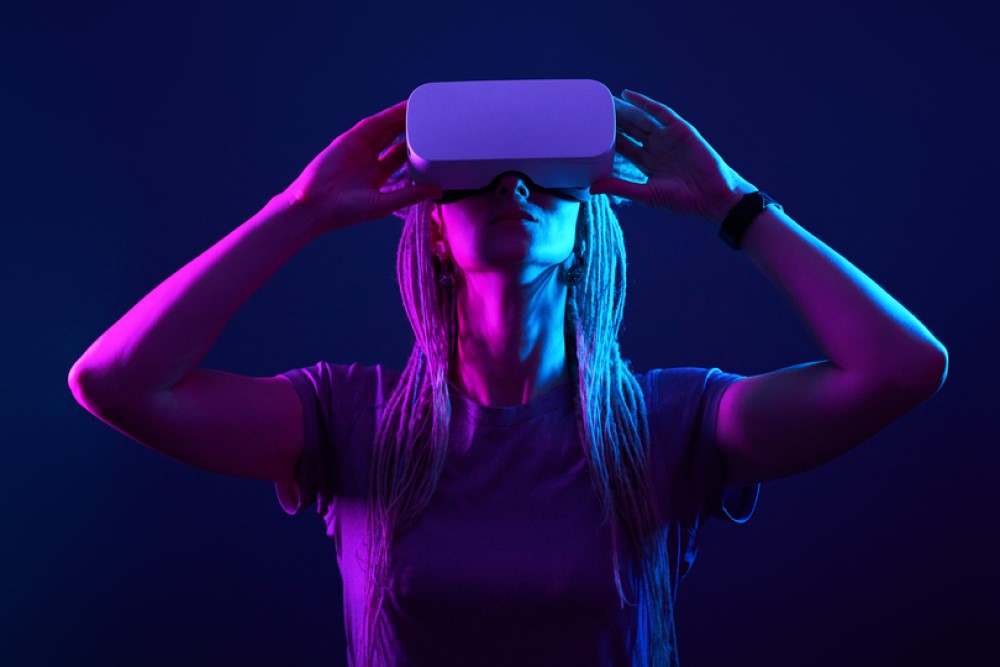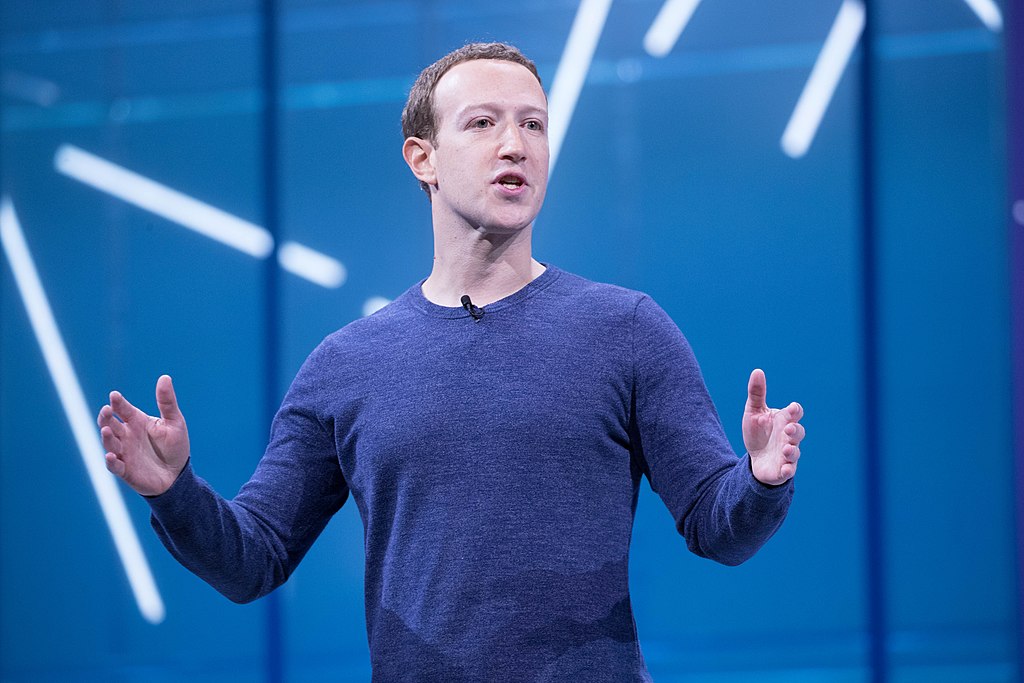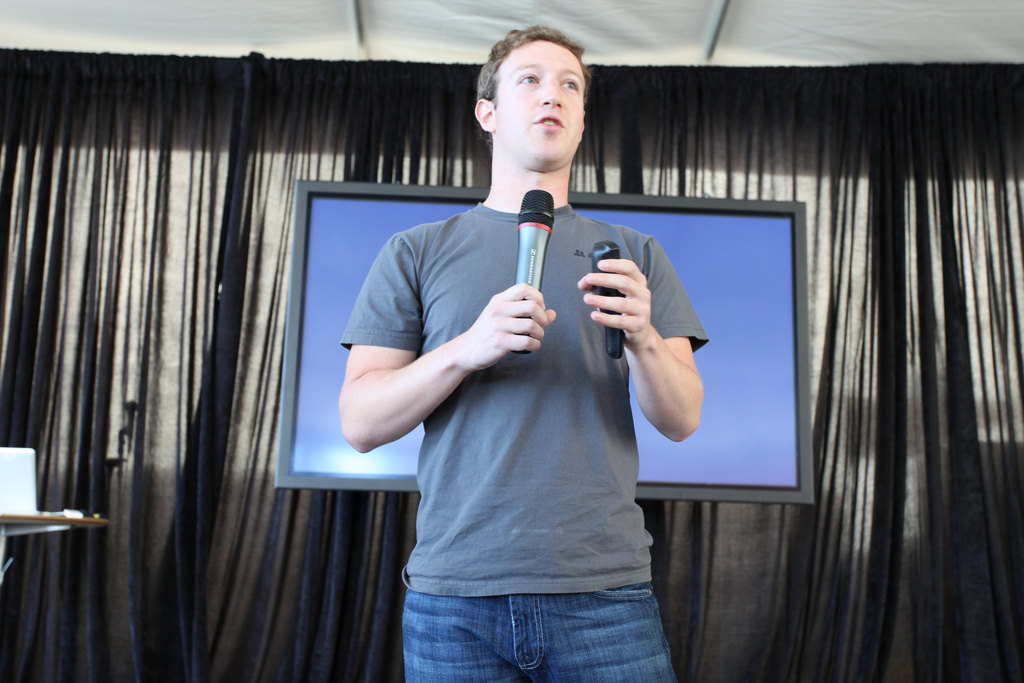Sexual harassment can take many forms, whether in an office or on social media. However, there might seem to be a barrier separating “us” as the user of a social media account, from “us” as an avatar or visual representation in a game since the latter is “virtual” whereas “we” are “real.” Even though we are prone to experience psychological and social damage to our virtual representations, it seems that we cannot – at least directly – be affected physically. A mean comment may hurt my feelings and change my mood – I might even get physically ill – but no direct physical damage seemed possible. Until now.
Recently, a beta tester of Horizon Worlds – a VR-based platform of Meta – reported that a stranger “simulated groping and ejaculating onto her avatar.” Even more recently, additional incidents, concerning children, have been reported. A safety campaigner stated that “He has spoken to children who say they were groomed on the platform and forced to take part in virtual sex.” The same article talks about howa “researcher posing as a 13-year-old girl witnessed grooming, sexual material, racist insults and a rape threat in the virtual-reality world.” How should we understand these virtual assaults? While sexual harassment requires no physical presence, when we attempt to consider whether such actions represent a kind of physical violence, things get complicated as the victim has not been violated in the traditional sense.
This problem has been made more pressing by the thinning of the barrier that separates what is virtual from what is physical. Mark Zuckerberg, co-founder and CEO of Meta, has emphasized the concept of “presence” as “one of the basic concepts” of Metaverse. The goal is to make the virtual space as “detailed and convincing” as possible. In the same video, some virtual items are designed to give a “realistic sense of depth and occlusion.” Metaverse attempts to win the tech race by mimicking the physical sense of presence as much as possible.
The imitation of the physical sense of presence is not a new thing. Many video games also develop a robust sense of presence. Especially in mmo (massive multiplayer online) games, characters can commonly touch, push, or persistently follow each other, even when it is unwelcomed and has nothing to do with one’s progress in the game. We often accept these actions as natural, as an obvious and basic part of the game’s social interaction. It is personal touches like these that encourage gamers to bond with their avatars. They encourage us to feel two kinds of physical presence: present as a user playing a game in a physical environment, and present as a game character in a virtual environment.
But these two kinds of presence mix very easily, and the difference between a user and the avatar can easily be blurred. Having one’s avatar pushed or touched inappropriately, has very real psychological effects. It seems that at some point, these experiences can no longer be considered as merely “virtual.”
This line is being further blurred by the push toward Augmented Reality (AR) which places “virtual” items in our world, and Virtual Reality (VR) where “this” world remains inaccessible to user during the session. As opposed to classic games’ sense of presence, in AR and VR, we explore the game environment mainly within one sense of presence instead of two, from the perspective of a single body. Contrary to our typical gaming experience, these new environments – like that of the Metaverse – may only work if this dual presence is removed or weakened. This suggests that our experience can no longer be thought of as taking place “somewhere else” but always “here.”
Still, at some level, dual presence remains: When we take our headsets off, “this world” waits for us. And so we return to our main moral question under discussion: Can we identify an action within the embodied online world as physical? Or, more specifically, Is the charge of sexual assault appropriate in the virtual space?
If one’s avatar is taken as nothing but a virtual puppet controlled by the user from “outside,” then it seems impossible to conclude that gamers can be physically threatened in the relevant sense. However, as the barrier separating users from their game characters erodes, the illusion of presence makes the avatar mentally inseparable from the user, experience-wise they become increasingly the same. Since the aim of the Metaverse is to create such a union, one could conclude that sharing the same “space” means sharing the same fate.
These are difficult questions, and the online spaces as well as the concepts which govern them are always in development. However, recent events should be taken as a warning to consider preventive measures, as these new spaces require new definitions, new moral codes, and new precautions.



